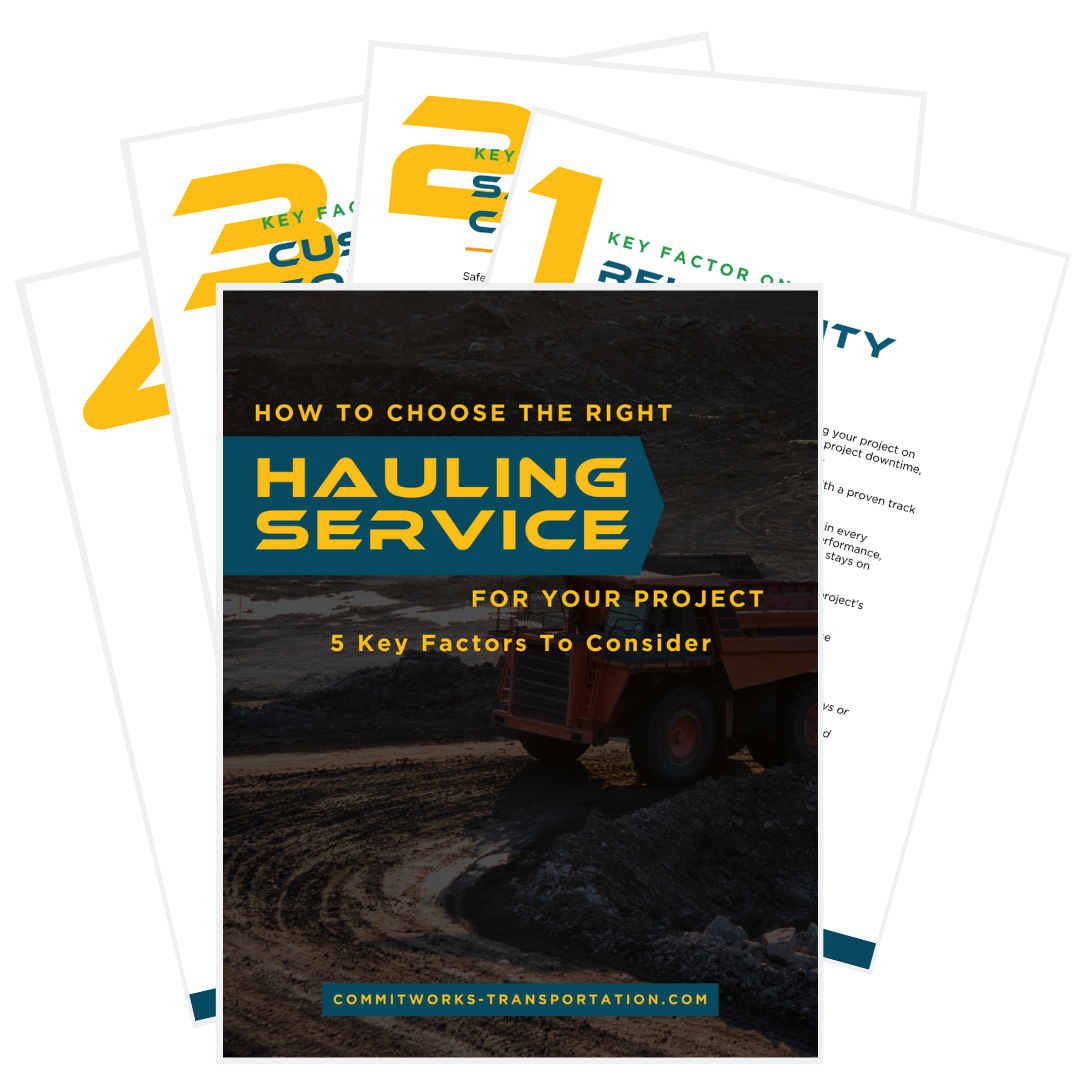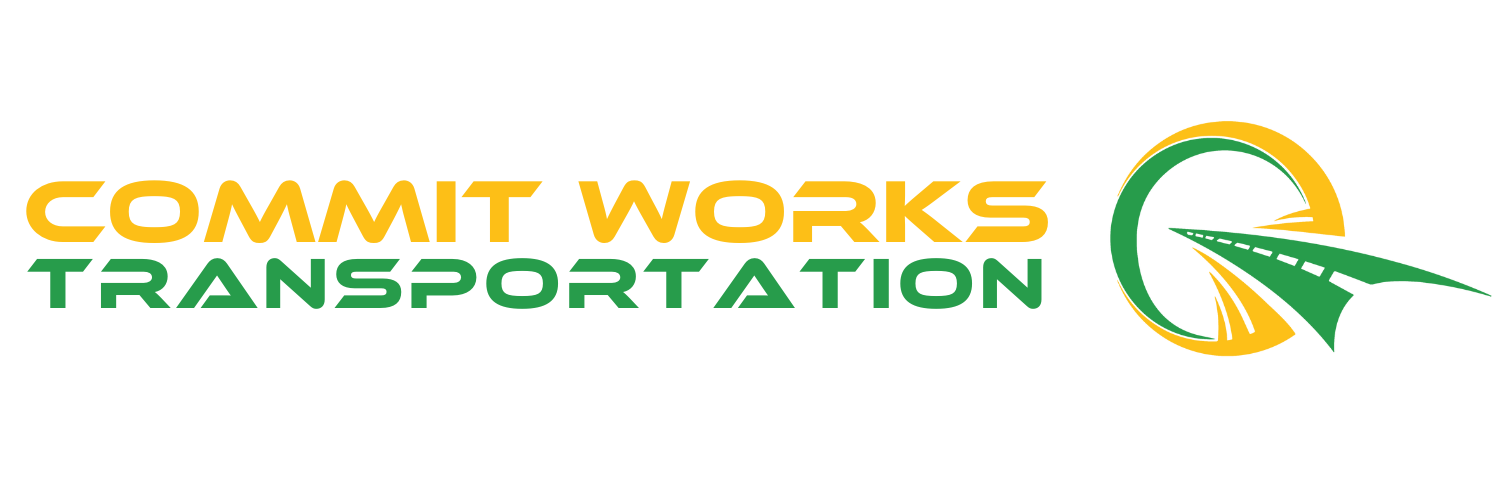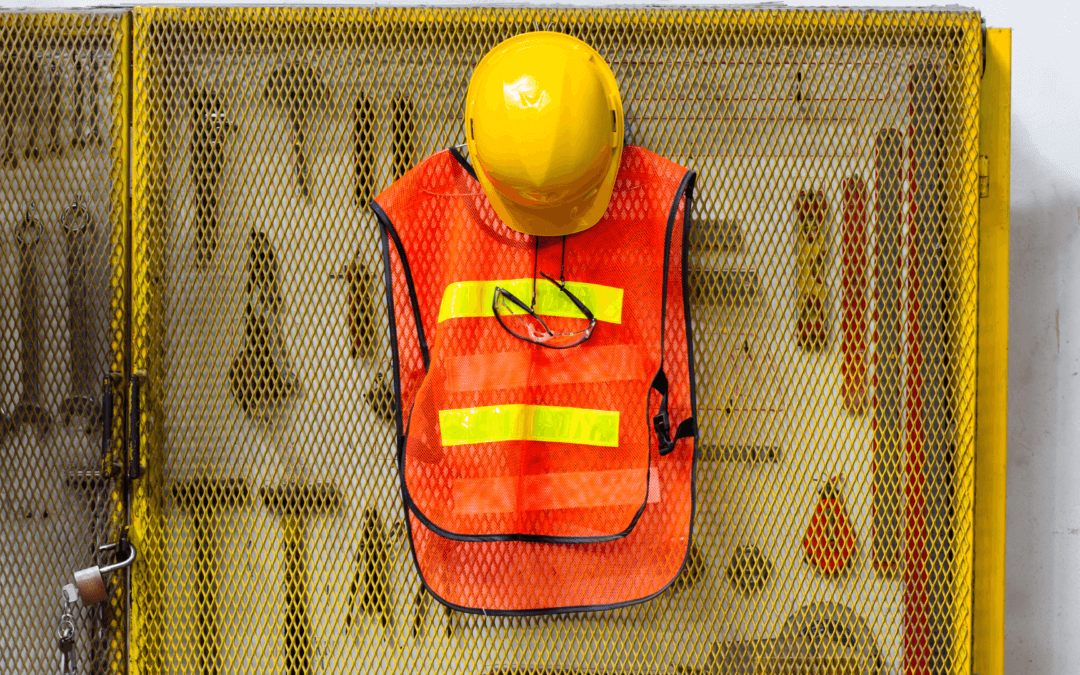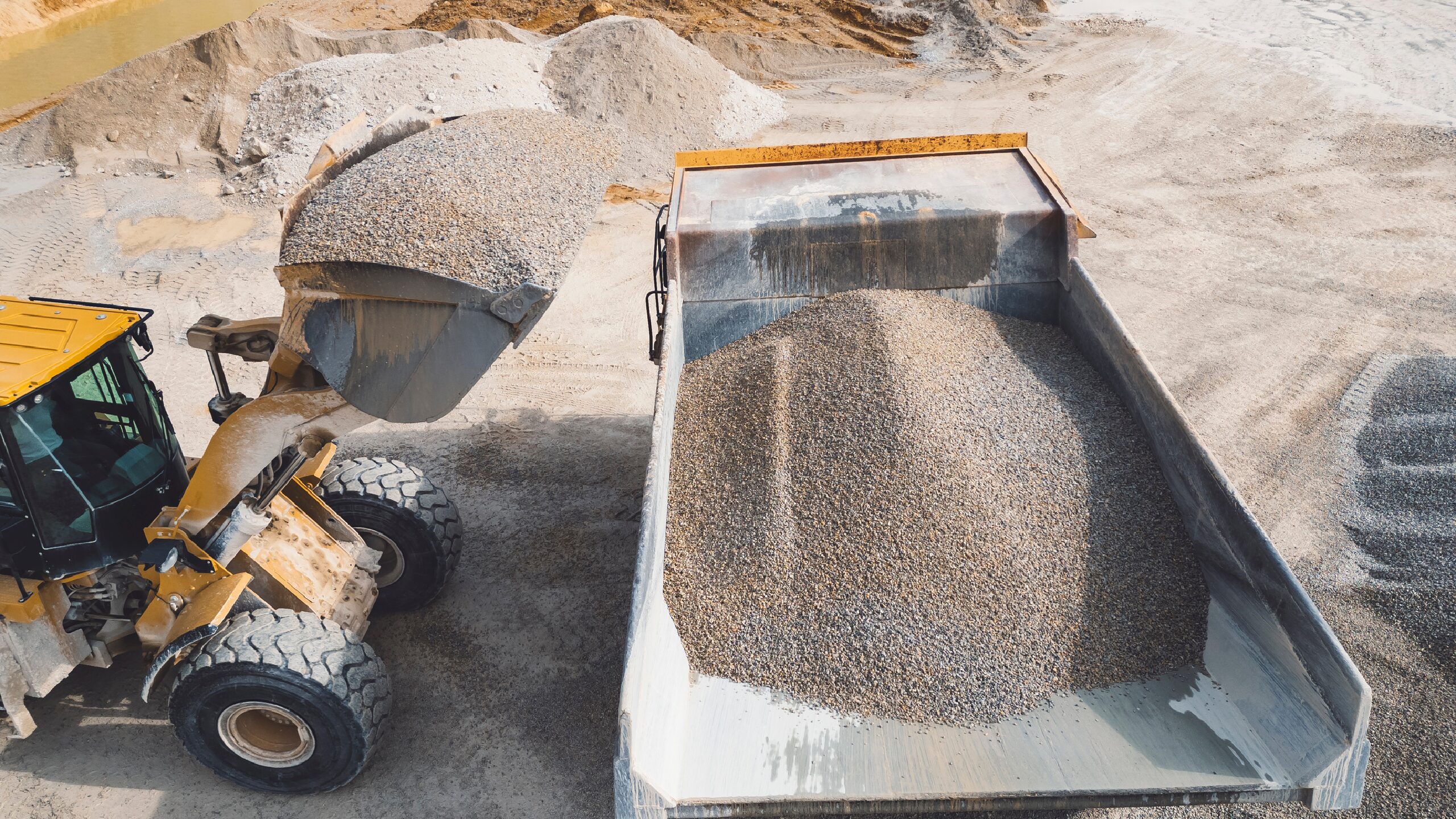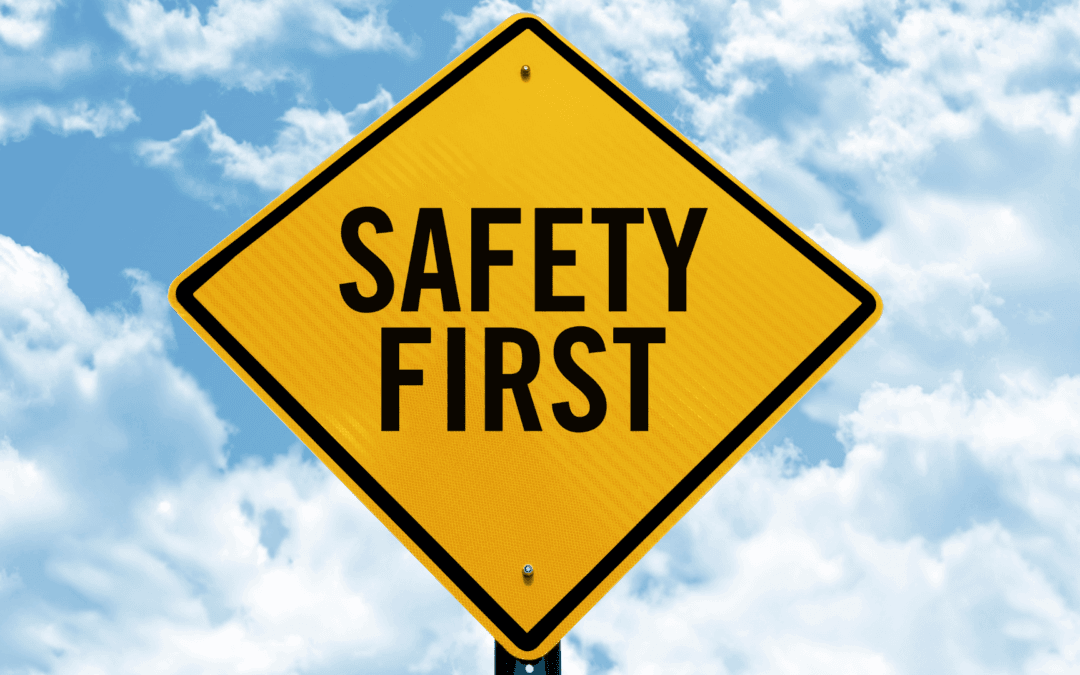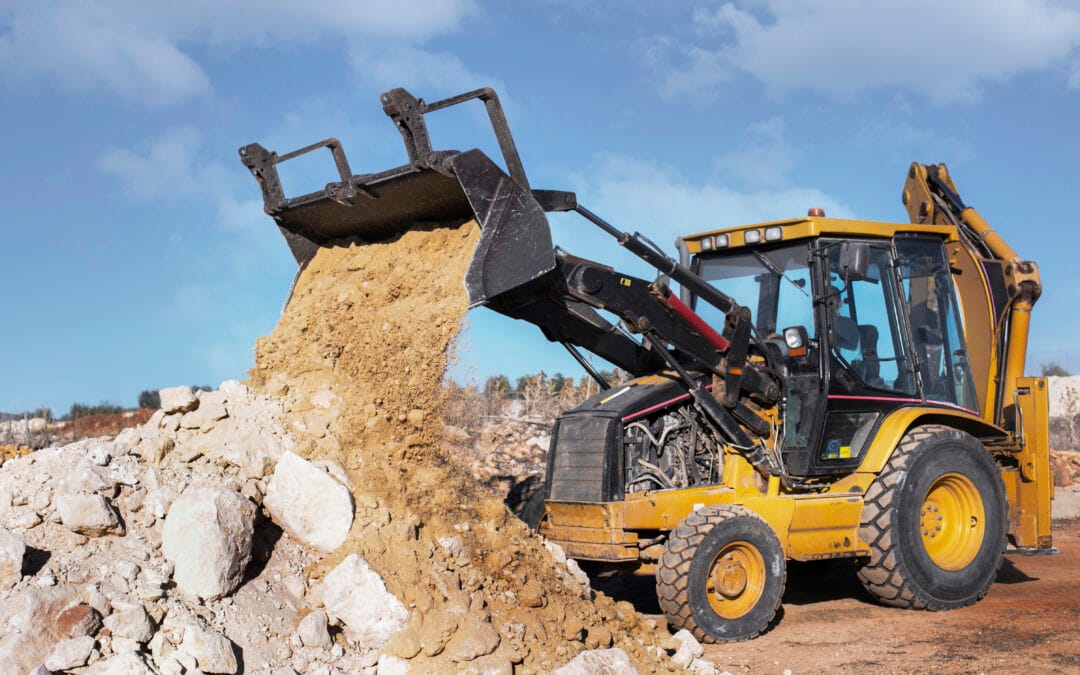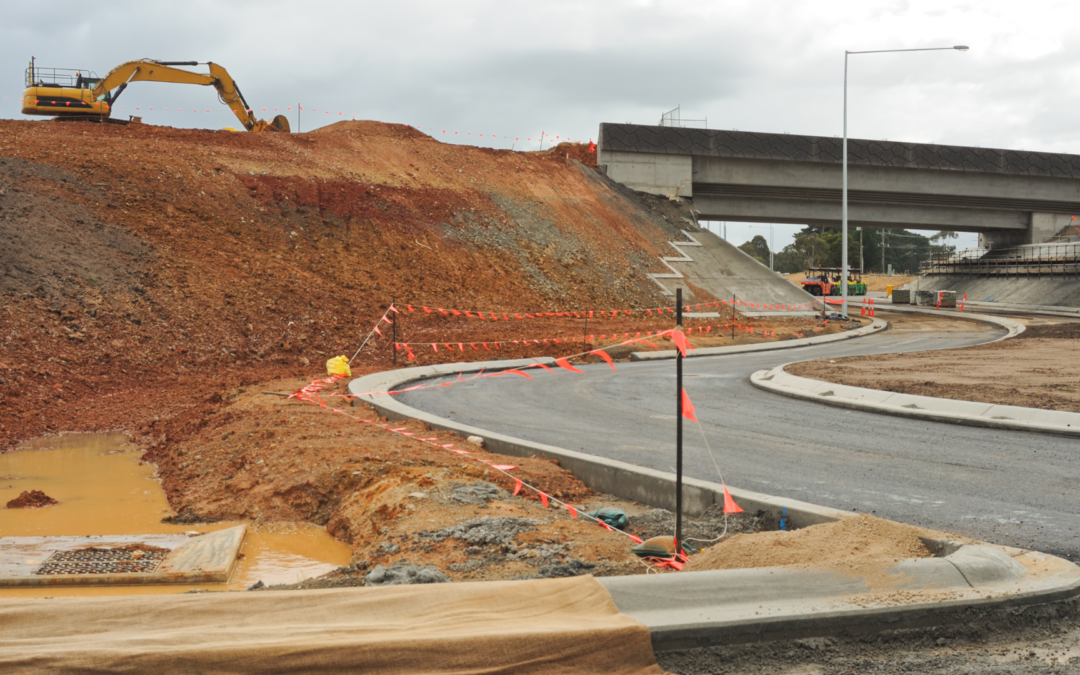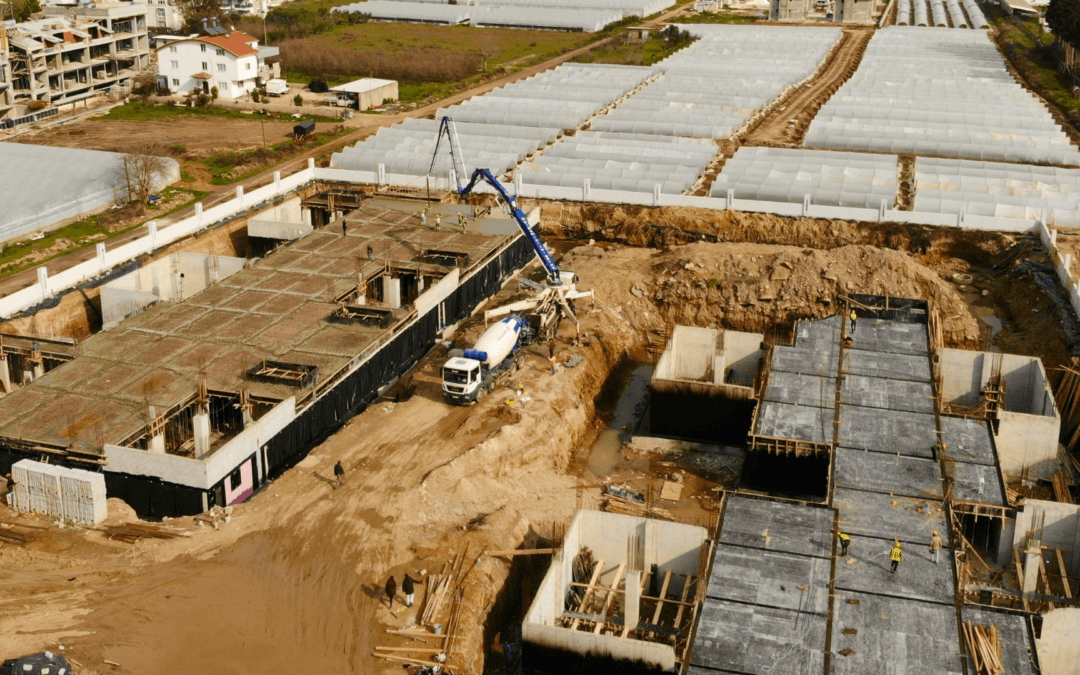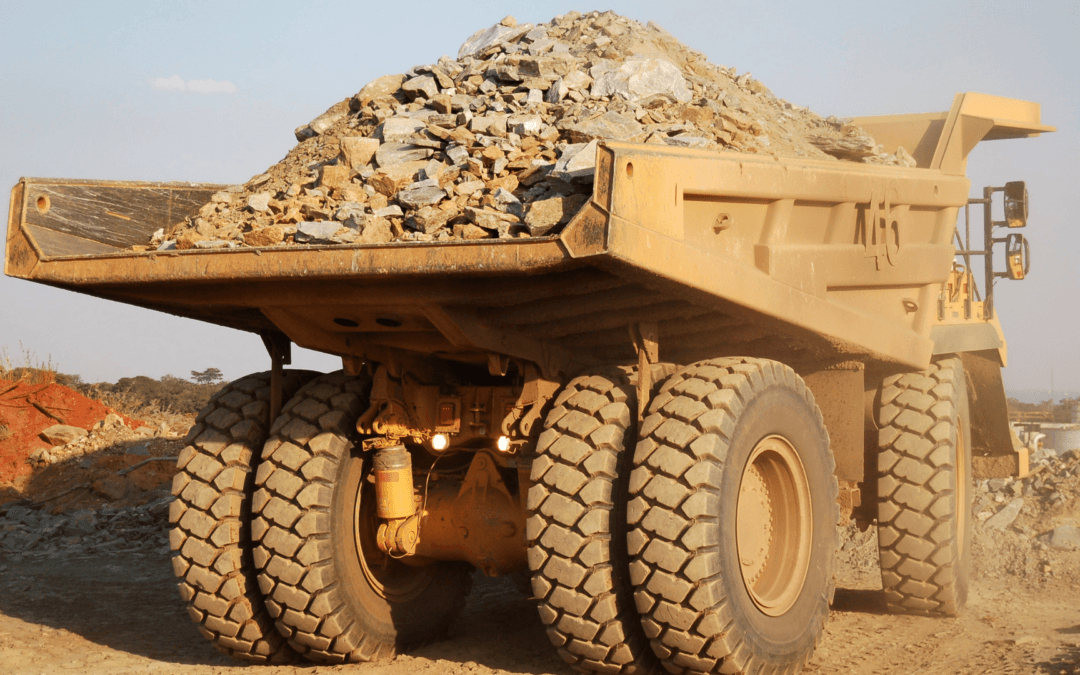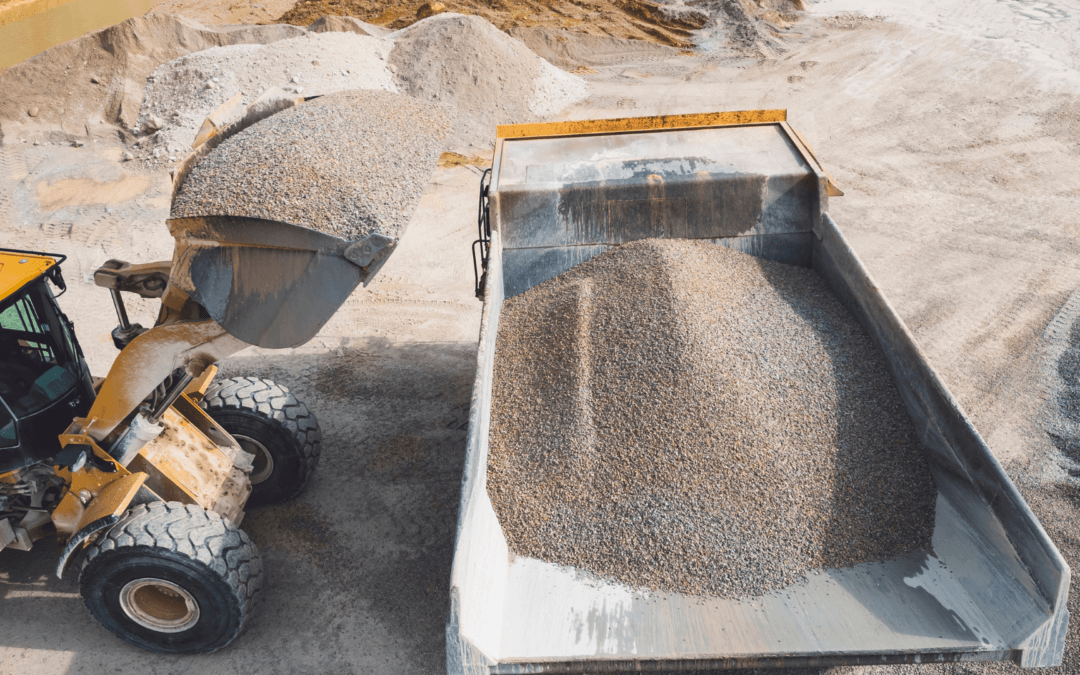Hauling Regulations Demystified: What Every Contractor Needs to Know
Hauling Regulations Demystified: What Every Contractor Needs to Know
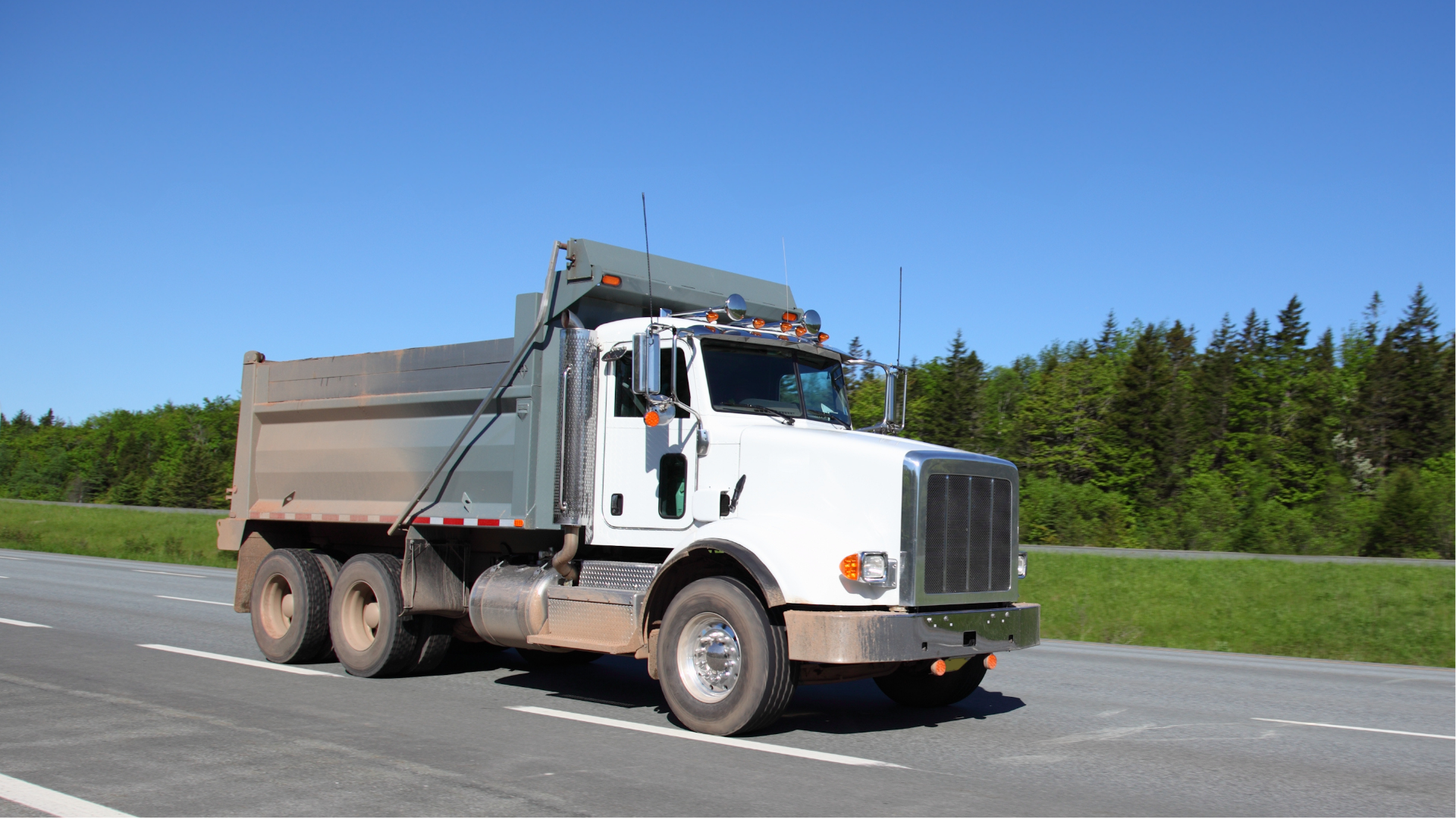
Hauling Regulatins Demystified: What Every Contractor Needs to Know
If you’re a contractor, you already know that hauling plays a crucial role in keeping your projects on track. Whether it’s moving construction debris, heavy equipment, or bulk materials like gravel and fill dirt, choosing the right hauler isn’t just about availability—it’s about compliance, safety, and efficiency.
Understanding key hauling regulations can help you avoid fines, delays, and liability issues. In this guide, we’ll break down the essentials of DOT compliance, load securement, weight limits, and why working with certified haulers matters.
DOT Compliance: Why It Matters
The Department of Transportation (DOT) enforces strict regulations for commercial haulers to ensure road safety and prevent accidents. If your hauling partner isn’t compliant, it could lead to fines, delays, or even legal trouble for your project.
Here’s what contractors should check when hiring a hauler:
-
DOT Registration – Any hauler operating commercial trucks over 10,000 lbs must have a DOT number and meet federal safety standards.
-
Driver Qualifications – CDL (Commercial Driver’s License) requirements vary by state, but all drivers should have proper training for heavy loads.
-
Vehicle Inspections – Regular maintenance and inspections ensure the fleet is roadworthy and compliant with emission standards.
🚩 Red Flag: If a hauling company can’t provide proof of DOT registration or inspection records, walk away—they might not be legally operating.
Load Securement: Keeping Materials & Equipment Safe
Imagine ordering a bulk load of gravel for a job site, only to find half of it spilled on the highway due to poor load securing. Not only is this dangerous, but it can also result in hefty fines.
Haulers must follow FMCSA (Federal Motor Carrier Safety Administration) load securement rules, which ensure that:
-
Materials are properly contained using tarps, straps, or nets to prevent shifting and spills.
-
Heavy equipment is locked in place using chains and tie-downs rated for the correct weight.
-
Trucks are not overloaded, preventing excess strain on brakes and tires.
🏆 Pro Tip: Ask haulers how they secure different types of loads. A professional hauler should be able to explain their methods for gravel, machinery, or demolition waste.
Understanding Weight Limits: Avoiding Fines & Delays
Each state enforces maximum weight limits for commercial vehicles, and exceeding them can result in penalties or even roadblocks that stall your project.
Common weight regulations include:
-
Gross Vehicle Weight Rating (GVWR): The maximum weight a truck can legally carry, including cargo and passengers.
-
Axle Load Limits: Regulations on how much weight each axle can support, ensuring even distribution and road safety.
-
Overweight Permits: Required when hauling loads that exceed legal weight limits, often for specialized construction equipment.
🚩Red Flag: If a hauler regularly ignores weight restrictions, you could be held responsible for DOT fines and potential project shutdowns. Always verify that they adhere to legal load limits.
Why Fully Insured & Certified Haulers Are Non-Negotiable
Hiring an uninsured or uncertified hauler might save you money upfront, but it can cost you big time in the long run.
Why insurance and certification matter:
-
Liability Protection – If an accident happens, you don’t want to be responsible for damages. Proper insurance coverage protects your business.
-
Workers Compensation Coverage – Ensures that drivers and loading crew members are covered if injuries occur on the job.
-
Bonding & Certification – Some states require additional certification for hazardous material transport or large-scale construction hauling.
🏆 Pro Tip: Request proof of insurance before signing a contract. A reputable hauler will have no issue providing documentation.
Safety Measures That Protect Everyone
Hauling accidents can be costly and dangerous. A professional hauler should prioritize worksite and road safety by:
-
Conducting pre-trip and post-trip vehicle inspections to prevent mechanical failures.
-
Training drivers on emergency protocols and weather-related driving conditions.
-
Using GPS tracking to monitor routes and ensure timely deliveries.
-
Following proper PPE guidelines for loading/unloading at job sites.
💡Smart Tip: Work with haulers who have a proven safety record. Ask about their past incident history and how they handle risk management.
Need a hauler who checks every box when it comes to compliance, safety, and reliability?
Contact us today to get a quote or learn how our certified team can help keep your next proejct running smoothly – and legally.
SEARCH
RECENT POSTS
CATEGORIES
Material Hauling & Logistics
Sustainable Transportation Solutions
Commercial & Infastructure Projects
Landscaping Material Hauling
Safety & Compliance in Transportation
Woman Owned Business & Leadership
Not Sure How to Choose The Right Hauling Service For Your Project?
Download our free guide, How to Choose the Right Hauling Service for Your Project: 5 Key Factors to Consider, and make informed decisions to ensure project success.
